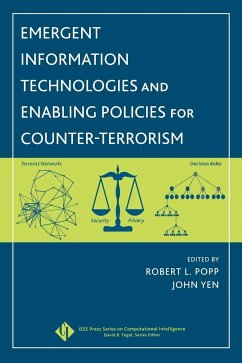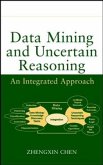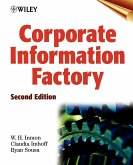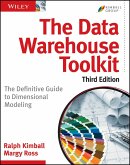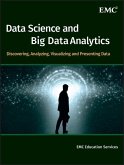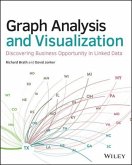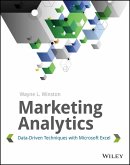This book provides an examination of key Twenty First-Century technologies and corresponding enabling policies for countering terrorism - it is critical to consider both technology and policy together since the two are strongly interdependent and realistic change will not occur without considering them jointly. The chapters are written by nationally-recognized highly-regarded authorities and experts on counter-terrorism information technologies and policy, providing a practical reference for those charged with protecting our nation from terrorist attacks while protecting our civil liberties.
Explores both counter-terrorism and enabling policy dimensions of emerging information technologies in national security
After the September 11th attacks, "connecting the dots" has become the watchword for using information and intelligence to protect the United States from future terrorist attacks. Advanced and emerging information technologies offer key assets in confronting a secretive, asymmetric, and networked enemy. Yet, in a free and open society, policies must ensure that these powerful technologies are used responsibly, and that privacy and civil liberties remain protected.
Emergent Information Technologies and Enabling Policies for Counter-Terrorism provides a unique, integrated treatment of cutting-edge counter-terrorism technologies and their corresponding policy options. Featuring contributions from nationally recognized authorities and experts, this book brings together a diverse knowledge base for those charged with protecting our nation from terrorist attacks while preserving our civil liberties.
Topics covered include:
_ Counter-terrorism modeling
_ Quantitative and computational social science
_ Signal processing and information management techniques
_ Semantic Web and knowledge management technologies
_ Information and intelligence sharing technologies
_ Text/data processing and language translation technologies
_ Social network analysis
_ Legal standards for data mining
_ Potential structures for enabling policies
_ Technical system design to support policy
Countering terrorism in today's world requires innovative technologies and corresponding creative policies; the two cannot be practically and realistically addressed separately. Emergent Information Technologies and Enabling Policies for Counter-Terrorism offers a comprehensive examination of both areas, serving as an essential resource for students, practitioners, researchers, developers, and decision-makers.
Explores both counter-terrorism and enabling policy dimensions of emerging information technologies in national security
After the September 11th attacks, "connecting the dots" has become the watchword for using information and intelligence to protect the United States from future terrorist attacks. Advanced and emerging information technologies offer key assets in confronting a secretive, asymmetric, and networked enemy. Yet, in a free and open society, policies must ensure that these powerful technologies are used responsibly, and that privacy and civil liberties remain protected.
Emergent Information Technologies and Enabling Policies for Counter-Terrorism provides a unique, integrated treatment of cutting-edge counter-terrorism technologies and their corresponding policy options. Featuring contributions from nationally recognized authorities and experts, this book brings together a diverse knowledge base for those charged with protecting our nation from terrorist attacks while preserving our civil liberties.
Topics covered include:
_ Counter-terrorism modeling
_ Quantitative and computational social science
_ Signal processing and information management techniques
_ Semantic Web and knowledge management technologies
_ Information and intelligence sharing technologies
_ Text/data processing and language translation technologies
_ Social network analysis
_ Legal standards for data mining
_ Potential structures for enabling policies
_ Technical system design to support policy
Countering terrorism in today's world requires innovative technologies and corresponding creative policies; the two cannot be practically and realistically addressed separately. Emergent Information Technologies and Enabling Policies for Counter-Terrorism offers a comprehensive examination of both areas, serving as an essential resource for students, practitioners, researchers, developers, and decision-makers.

